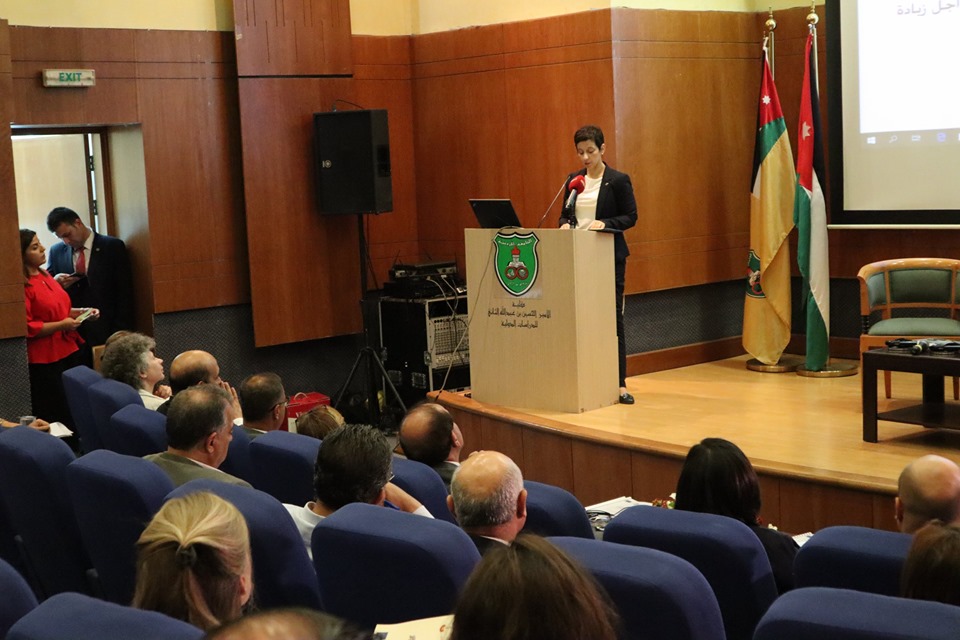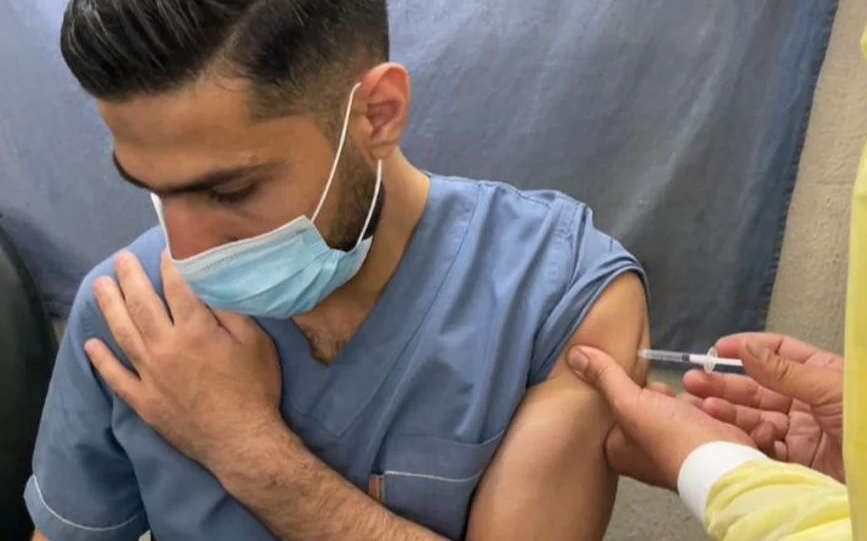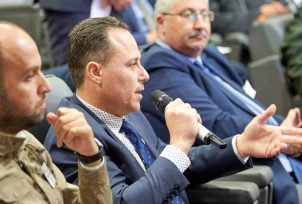A WES Regional Training on SUPs-free coastal and marine protected areas in the Mediterranean was organised on 9-12 of July 2024 in Thessaloniki, Greece
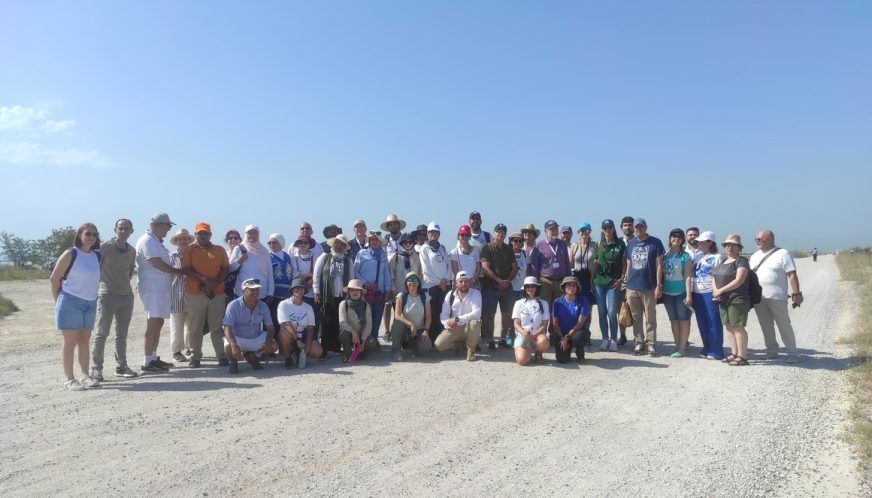
The EU funded “Water and Environment Support (WES) in the ENI Neighbourhood South Region” project, organised a Regional Training on 9-12 of July 2024 in Thessaloniki, Greece, to capacitate the WES Partner Countries in achieving Single Use Plastics (SUPs)-free coastal and marine protected areas; enhancing responsible tourism and recreation activities in coastal areas and strengthening the science-policy-practice interface through community-based research.
Sustainable practices in coastal tourism and recreational activities are essential for the shift from a linear to a circular economy and to advance towards a SUPs-free Mediterranean region as a common vision for our future. Today, the industry’s extensive use of SUPs, coupled with its proximity to coastal areas, contributes to the vast amounts of plastic waste that ends up in the sea and on beaches.
To encourage sustainable practices, such as the use of products with reduced packaging and adoption of reusable products or products with eco-friendly characteristics in tourism, particularly within or in proximity of coastal protected areas, it is essential to foster collaboration with tourism operators, businesses, recreational activity providers, as well as with local authorities.
During the WES regional training, these challenging issues mentioned above, along with fit-for-purpose data related to the measures needed to address SUPs, were presented to 35 key stakeholders from Algeria, Egypt, Jordan, Lebanon, Morocco, Palestine, Spain and Tunisia.
By the end of the 4-days sessions, the participants were able to strengthen their capacities to effectively manage SUPs in and around coastal and marine protected areas. They gained knowledge on the tourism and recreation sector in terms of SUPs management and learned about the ways to enhance sustainable tourism and recreation related businesses in coastal areas, as well as various practices that minimise or eliminate the use of SUPs. In addition to synergies with other initiatives and projects in the region (mainly funded by the EU and/or labelled by the UfM), a field visit was organised and case studies from the EU and the Mediterranean with lessons learned were presented and discussed.
Strengthening the science-policy-practice interface in the region through citizen/participatory science, as well as designing and implementing science interventions, were also topics discussed among the representatives of the related Ministries, Government agencies, local authorities, tourism operators and NGOs.



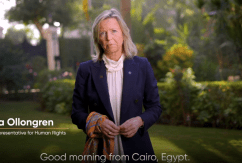








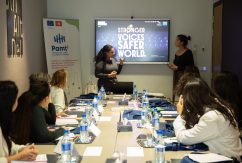
















 Syria
Syria 